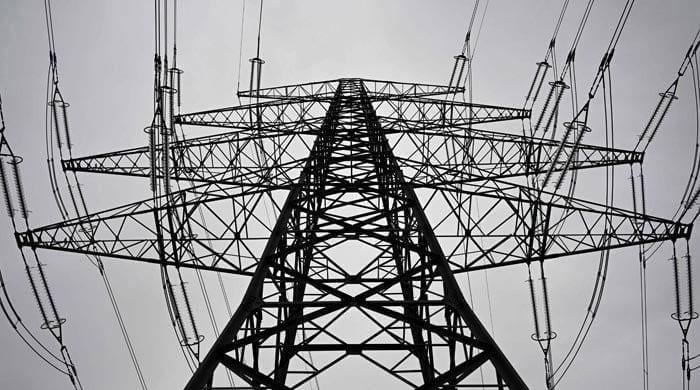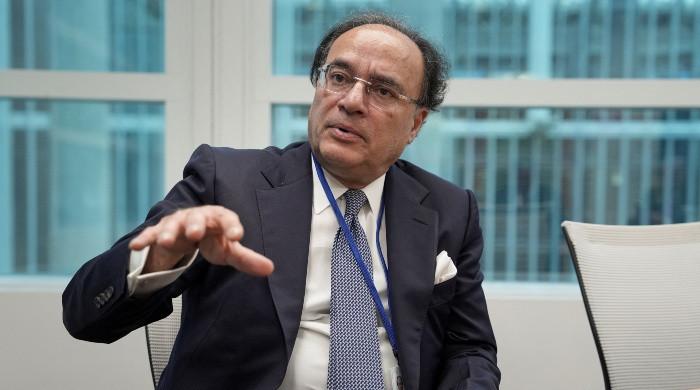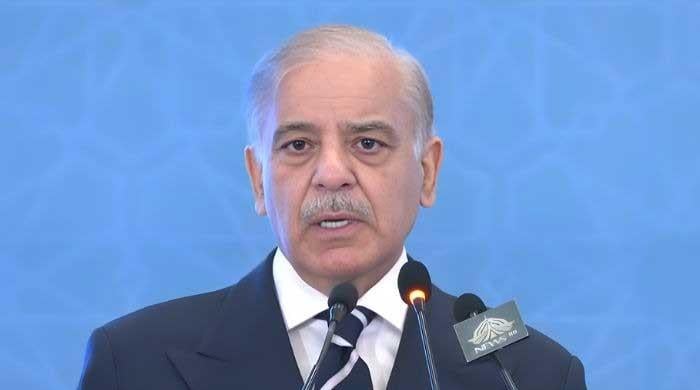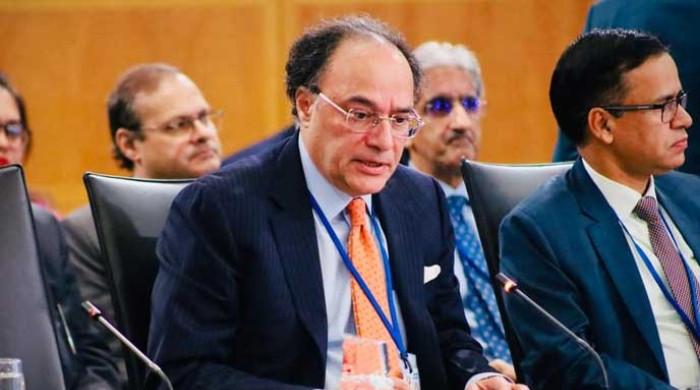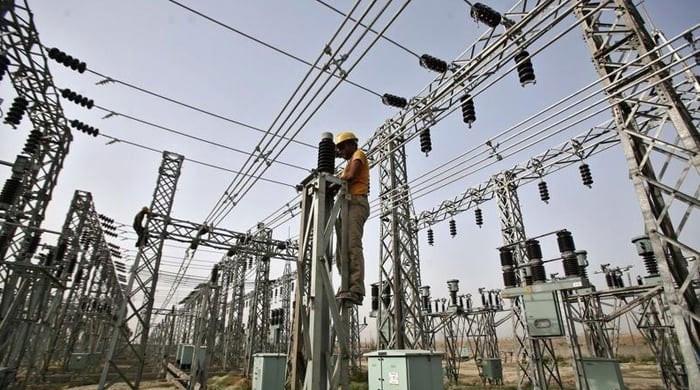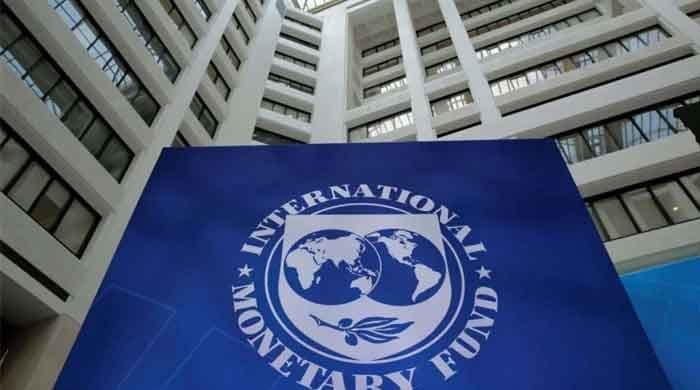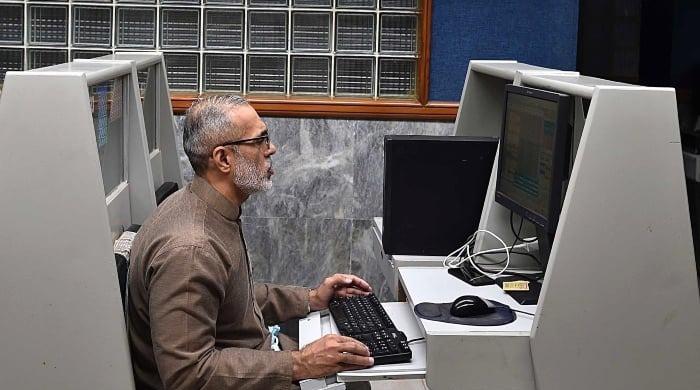Trump says he is firing Fed's Cook over mortgage loan allegations
Cook says Trump has no authority to remove her, will continue in job
August 26, 2025
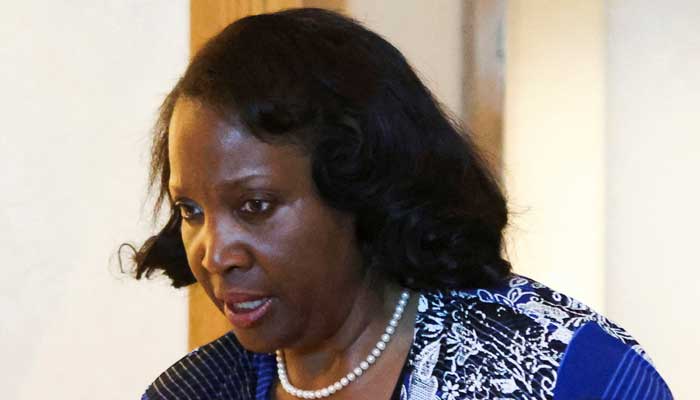
- Trump says he has "cause" to remove Cook.
- First-ever effort to remove governor could face court challenge.
- Additional board seat could add to Trump's influence at Fed.
NEW YORK/WASHINGTON: US President Donald Trump on Monday said he was firing Federal Reserve Governor Lisa Cook over alleged improprieties in obtaining mortgage loans, an unprecedented step that could test the boundaries of presidential power over the independent monetary policy body should it be challenged in court.
Trump said in a letter to Cook, the first African-American woman to serve on the Federal Reserve's governing body, that he had “sufficient cause to remove you from your position” because in 2021 Cook indicated on documents for separate mortgage loans on properties in Michigan and Georgia that both were a primary residence where she intended to live.
Cook responded several hours later in a statement emailed to reporters through the law office of lawyer Abbe Lowell, saying of Trump that "no causes exists under the law, and he has no authority" to remove her from the job she was appointed to by former US President Joe Biden in 2022. "I will continue to carry out my duties to help the American economy."
Lowell said that Trump's "demands lack any proper process, basis or legal authority. We will take whatever actions are needed to prevent this attempted legal action."
Questions about Cook's mortgages were first raise last week by US Federal Housing Finance Agency director William Pulte, who referred the matter to Attorney General Pamela Bondi for investigation.
Though the terms of Fed governors are structured so they outlast the term of a given president, with Cook's term lasting until 2038, the Federal Reserve Act does allow removal of a sitting governor “for cause.”
That has never been tested by presidents who, particularly since the 1970s, largely have taken a hands-off approach to Fed matters as a way to ensure confidence in US monetary policy.
Legal scholars and historians said the thicket of issues that could be raised in a legal challenge would span questions around executive power, the Fed's unique quasi-private nature and history, as well as whether anything Cook did amounted to cause for removal.
Peter Conti-Brown, a scholar of the Fed’s history at the University of Pennsylvania, noted that the mortgage transactions preceded her appointment to the Fed, and were in the public record when she was vetted and confirmed by the Senate.
"These officials have been vetted by our President and our Senate, that means that all things that they had done during their times as a private citizen were already vetted,” Conti-Brown said.
“So the idea that you can then reach back, turn the clock backward and say, you know, all these things that have happened before now constitute fireable offenses from your official position is to me incongruous with the entire concept of 'for cause' removal.”
Trump in the letter accused Cook of having "deceitful and criminal conduct in a financial matter" and said he did not have confidence in her "integrity."
"At a minimum, the conduct at issue exhibits the sort of negligence in financial transactions that calls into question your competence and trustworthiness as a financial regulator", he said, claiming authority to fire Cook under Article 2 of the US Constitution and the Federal Reserve Act of 1913.
It is unclear how the matter might play out from here, with Trump saying the firing was "effective immediately," and the Fed set to hold a policy meeting on Sept 16-17.
Trump's move was greeted with a steepening US Treasury yield curve as yields on 2-year notes - sensitive to near-term Fed policy expectations - quickly fell while yields on longer-dated 10-year notes - sensitive to inflation risks — rose briskly.
The reaction reflects expectations that the Fed policy rate may drop but at the expense of its commitment to thwart inflation.
Academic research has consistently found that policymakers allowed to manage inflation independent of political influence generally achieve better outcomes, a principle that may now be tested at the world's most influential central bank.
“It speaks to the determination of this administration to remake the Federal Reserve and serves as a warning to the other Biden appointees. The Fed as an institution escaped harm in the first Trump Administration, and will not be so fortunate this time around,” said SGH Macro Advisors’ Tim Duy.
“It’s another reason to believe... that rates will be lower than would otherwise be the case.”




